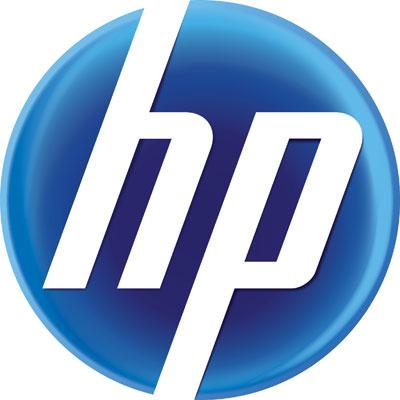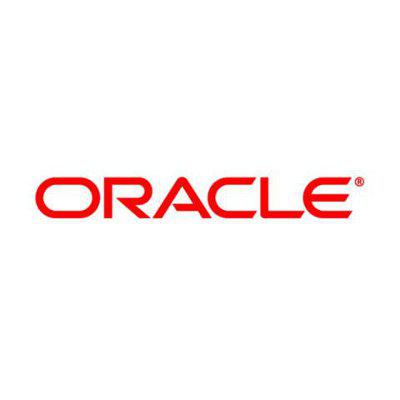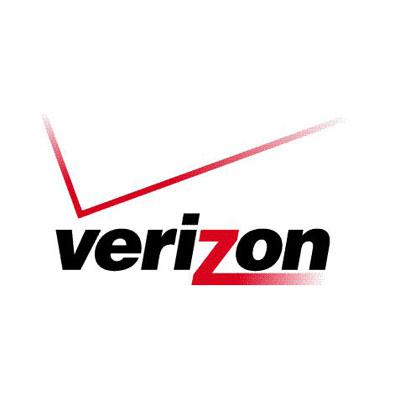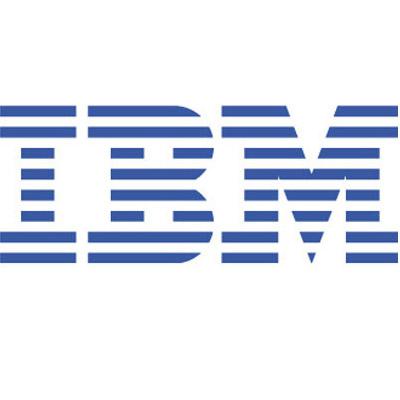Five IT Vendors That Came To Win This Week

HP's Apotheker Reaches Out To His Channel Partners
HP is probably getting just a bit sick of hearing about what great strides Michael Dell has been making when it comes to being channel friendly. New HP CEO Leo Apotheker has had his hands full with the rigors of his new job -- not to mention an angry Larry Ellison -- but this week he found time to film a short video clip in which he vowed not to alter HP's current channel course.
"We remain fully engaged in our channel objectives and fully engaged with you as a core component of our long term business strategy," Apotheker said in the video, which was sent to all of HP's Americas channel partners. "It's more important than ever for us to maintain our momentum because the opportunity before us has never been greater."
Many HP partners are uneasy about what the future may hold for an Apotheker-led HP, but the gesture could go a long way toward soothing their concerns.

Ellison Brags About New Server, Goes On Warpath Against HP
Larry 'Don't Call It Cloud' Ellison spent this week flexing over Oracle's new SPARC Supercluster server, which he claims has reached 30 million transactions per minute, based on the tpmC benchmark. In comparison, IBM P7 server cluster can handle 10 million transactions per minute and HP's Superdome server -- which the Oracle CEO playfully dubbed 'Turtledome' -- can handle 4 million transactions per minute.
"We just have better products," Ellison chuckled at the launch event this week. "And they're just far behind... We think HP is vulnerable, and we're going after them."

Google Beats Out Microsoft For Key Government Email Deal
Google this week won a key cloud e-mail contract with the U.S. General Services Administration (GSA), beating out Microsoft and very possibly causing chairs to be tossed in the office of Microsoft's CEO.
The GSA, which handles business logistics for the federal government, is moving from its legacy Lotus Notes and Domino deployments to Google Apps for Government, a FISMA-certified offering that's specifically designed to meet the mountain of regulations that these agencies must comply with.
The GSA says it's the first federal agency to move e-mail to a cloud-based system agency-wide and expects the move to cut costs by 50 percent over the next five years.
For Microsoft, which recently bragged about dusting Google in the enterprise cloud space, the timing was unfortunate. No doubt we'll be hearing about a high profile Microsoft government cloud win in the near future.

Verizon Prepares To Flip Switch On New 4G LTE Network
Verizon Wireless is getting ready to launch its LTE cellular network on Dec. 5. Although LTE-compatible handsets aren't slated to arrive until mid-2011, the early returns suggest that Verizon's LTE will offer speeds that no other carrier can offer, even ones that have been using a somewhat elastic interpretation of 4G.
There's been some talk that Verizon's pricing may be too high, but considering the massive amount of capex involved in building the LTE network, the carrier may have to engage in some trial and error to figure out what works in the marketplace.
Verizon's LTE launch is giving the carrier an extraordinary amount of attention, which is notable in an industry where attention stems most often from the debut of new devices. Like, you know, the iPhone.

IBM Dips Toes Into Silicon Nanophotonics Waters
IBM unveiled a new technology this week called CMOS Integrated Silicon Nanophotonics that allowed silicon chips to communicate using pulses of light instead of electricity. It's a major breakthrough that IBM says will pave the way for exascale systems that can handle a million trillion operations per second -- a speed that's one thousand times faster than current petascale supercomputers.
IBM is now licensing the technology to partners and it should start showing up in commercial transceivers beginning next year.